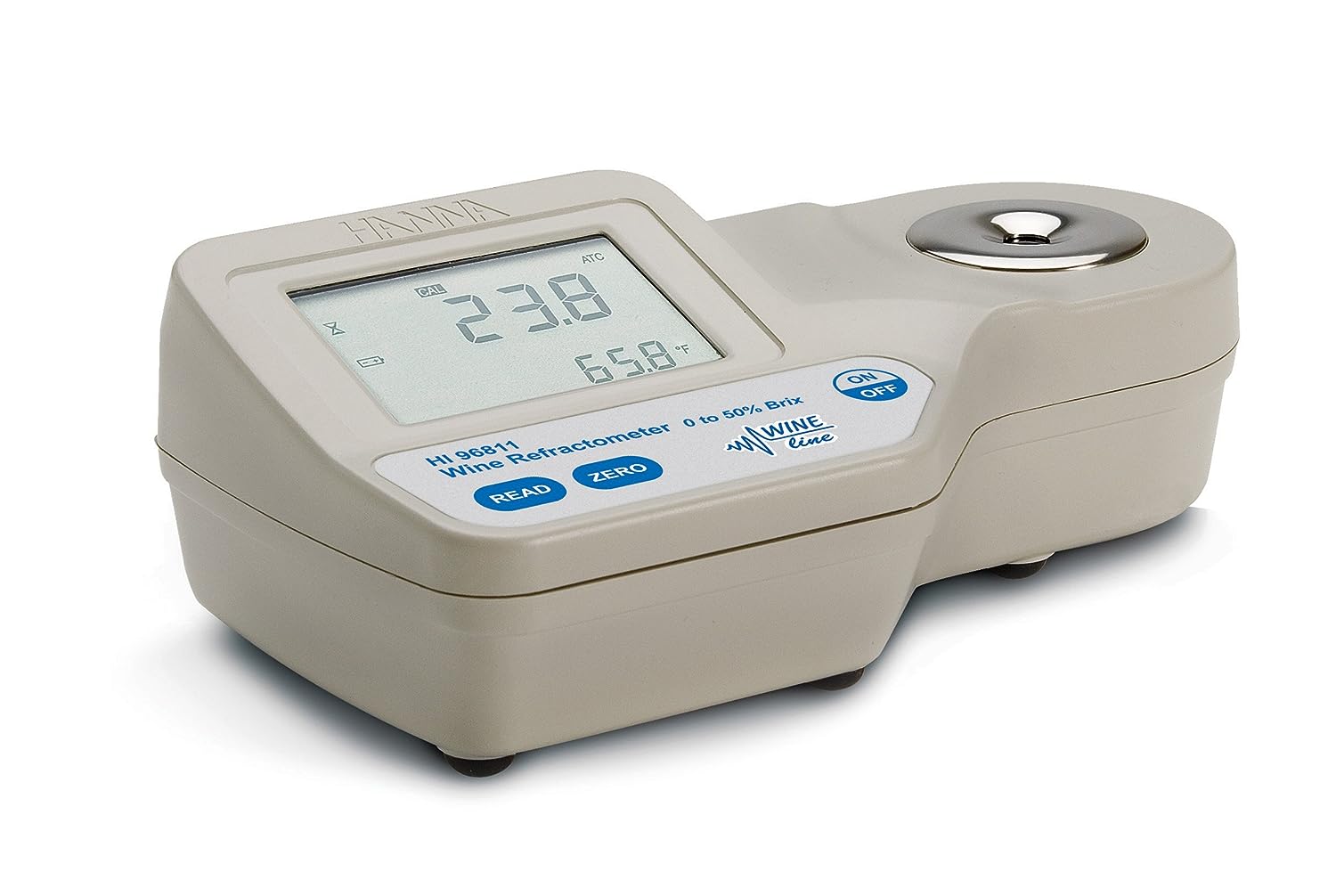jasonclick
Well-Known Member
Looking to upgrade my refractometer to a digital type. Any recommendations?
Last edited:

I just know the S.G. by looking at wort. really I'd want those fancy lab grade hydrometers and Proof/Tralle Alcoholmeter before a refractometer.
Are you aware that Proof/Tralle won't work with sweet liquids like beer or wine, only distilled spirits?
Are you aware that Proof/Tralle won't work with sweet liquids like beer or wine, only distilled spirits?
well, this is my first rodeo. I just been hanging out here for 2 years and HB shops for 15 trying to work up the courage to add the yeast to my Mr. Beer kit. I'm still not ready.It was kind of like the stuck fermentation threads and the obvious question- Are you measuring your FG with a refractometer?
why would I do that when I don't care?Ask your local LHBS how many people have tried to return a Proof and Tralle because they thought they could use it with beer or wine.
I'm that floccin' good, son.Now, tell us how you measure gravity by looking at the wort.
by the way, I meant digital refractometer... not digital hydrometer. Not sure why I typed in hydrometer.

I love it during the brew day, although I always take a hydrometer reading at the end.
so do you find the same readings on the hydrometer and refractometer at the end of the brew day?
so do you find the same readings on the hydrometer and refractometer at the end of the brew day?
Now that I know you're talking about digital refractometers, I can respond.
My wife got this for me for Christmas last year:
http://www.amazon.com/dp/B002NX0WHS/?tag=skimlinks_replacement-20

I love it during the brew day, although I always take a hydrometer reading at the end.
I brew a lot of lagers so the refractometer is useful to know when to raise the temp for a diacetyl rest. I plug the reading into Beersmith along with the original gravity and it gives me an answer. I know it's not exact, but it's useful for this purpose and only requires a small sample.
Now that I know you're talking about digital refractometers, I can respond.
My wife got this for me for Christmas last year:
http://www.amazon.com/dp/B002NX0WHS/?tag=skimlinks_replacement-20

I love it during the brew day, although I always take a hydrometer reading at the end.
I brew a lot of lagers so the refractometer is useful to know when to raise the temp for a diacetyl rest. I plug the reading into Beersmith along with the original gravity and it gives me an answer. I know it's not exact, but it's useful for this purpose and only requires a small sample.
I have the same unit. Go for it. I zero it with RO water I use for brewing. It's bang on with the hydrometer.
This is also what we use at the small nano that I work at (for unfermented wort). It works for us.
Enter your email address to join: